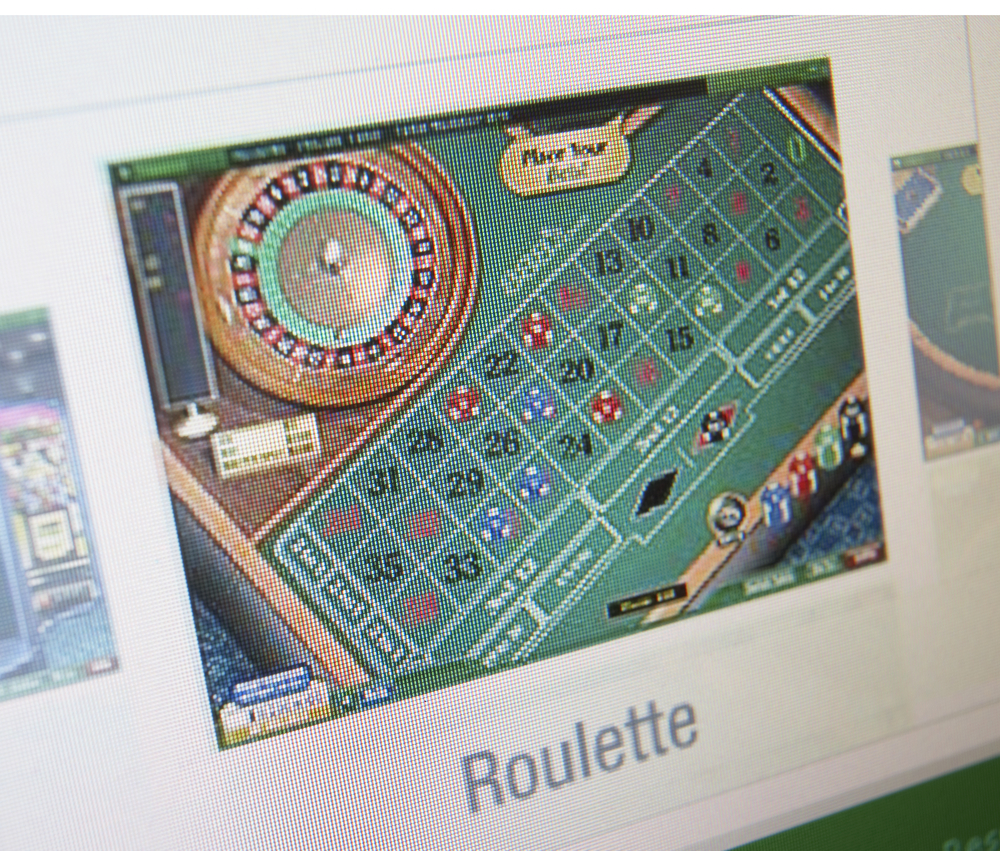
Casino games have long captured the fascination of humans around the planet, becoming an important part of both leisure and tradition. From the sparkling lights of Las Vegas to the immersive experience of virtual casinos, these experiences evoke enthusiasm, uncertainty, and sometimes even a sense of sentimentality. They are beyond simply entertainments; they have woven themselves into the fabric of human experience, influencing various aspects from movies and melodies to clothing and literature.
The allure of casino games surpasses the wagering aspect, tapping into larger themes of luck, possibility, and human behavior. As players assemble around a poker table or turn the wheel of fortune, they engage in an age-old ritual that echoes with our communal desire for excitement and uncertainty. This fascination has led to the emergence of numerous references in cinema, songs, and video games, showcasing how deeply entrenched these games are in popular culture. Whether it is the pressure of a classic caper or the colorful nightlife portrayed in videos, casino games have created a substantial place that reflects our bond with risk.
Historical Importance of Gambling Games
Casino games have played a pivotal role in social aspects throughout the ages. Originating from ancient societies, games of chance were often connected to ceremonies or gatherings. For example, early forms of gambling can be linked back to ancient Chinese and the Roman Empire, where die games and wagering on outcomes were common pastimes. These games not only functioned as leisure but also as means of social interaction, facilitating relationships among people within communities.
As cultures evolved, so did the complexity and organization of casino games. The establishment of formal casinos in the 17th century, particularly in the Italian region, marked a major shift in how games were viewed and structured. With designated spaces for gaming, the casino became a community center where people from various backgrounds gathered. This change contributed to the legitimization of gambling, transforming it from a mere pastime into an established industry that influenced economy and policy.
The impact of gambling activities on popular culture cannot be understated. As they were popularized in books and film, games such as poker and 21 became symbols of chance, luck, and tactics. Famous figures and stories have developed around these games, reflecting societal attitudes towards fortune, prosperity, and immorality. This fascination with casino activities has permeated various forms of media, solidifying their place in the public imagination and linking them to wider cultural stories throughout the ages.
Portrayal of Gambling Games in Media
Casino activities have long been a popular theme in various forms of media, reflecting both the thrill and complexities of the world of gambling. Movies such as Ocean’s Eleven and Casino Royal portray characters who navigate intense situations, showcasing not only the allure of the gambling environment but also the strategies and judgments that come with playing popular games like Texas Hold’em and blackjack. These movies often dramatize the thrill of winning and the potential results of losing, encapsulating the risks involved in gambling.
TV programs have also explored the realm of casino games, often integrating them into the plot as a context for story progression and conflict. Shows like Las Vegas depict the stories of gambling employees and patrons, highlighting the vibrant, often disorderly energy of the gaming floor. Docuseries featuring high-stakes betting contests further emphasize the appeal of gambling activities, drawing viewers into the tension and strategy involved in each game. Through these depictions, media not only engages but also prompts conversations about luck, expertise, and the nature of chance.
Gaming have increasingly integrated gambling activities into their structure, allowing players to recreate the thrill of gambling without financial exposure. Titles within the realm of online gaming often include virtual slots, online poker, and other casino favorites, creating an interactive experience that mirrors real-life gameplay. These virtual portrayals make casino games accessible to a broad demographic, appealing to both risk-takers and those who enjoy the thrill of simulation. As a outcome, the representation of gambling activities in media continues to shape public perception and importance, highlighting their function in society and culture.
Impact of Casino Games on Society
Casino games have a significant effect on communities, affecting multiple facets of societal norms and social behavior. They often serve as a venue for social interaction, where people gather to experience a common activity. New888 Game nights with friends or trips to casinos become social activities that foster connections and create shared moments. This collective aspect enhances the entertainment value of gambling activities, making them a popular choice for festivities and recreational pursuits.
Additionally, casino games have been depicted in countless movies, TV series, and literature, influencing perceptions and attitudes towards gambling and gaming. Icons like James Bond competing in baccarat or the high-stakes poker scenes in films have embedded these games in the shared imagination. This representation often glamorizes the lifestyle associated with casino activities, attracting new players and impacting trends in both fashion and conduct. These portrayals can spark curiosity and lead to a deeper investigation of the intricacies of gambling.
However, there are also negative consequences associated with the popularity of gambling activities. The temptation of quick monetary gain can lead to problem gambling and economic troubles for some people. The community must contend with these issues, advocating for responsible gaming and awareness of the dangers involved. Balancing the entertainment value of gambling activities with the risks is vital to ensure that they continue to be a beneficial aspect of our societal fabric.
